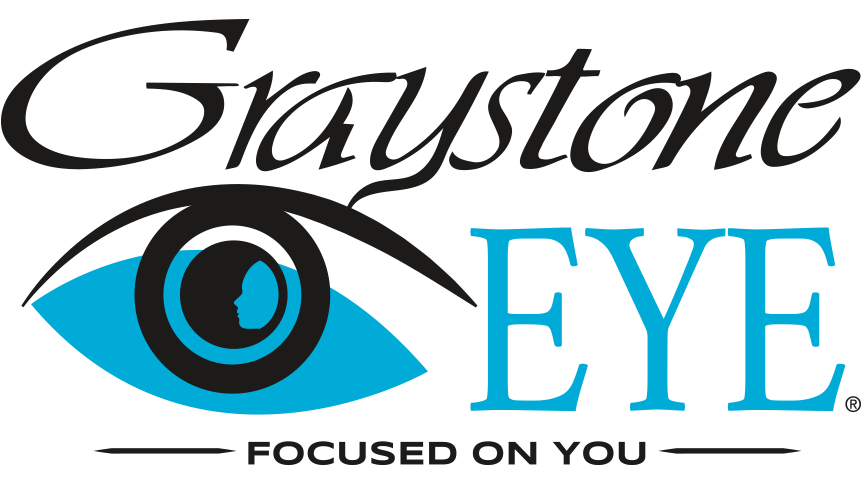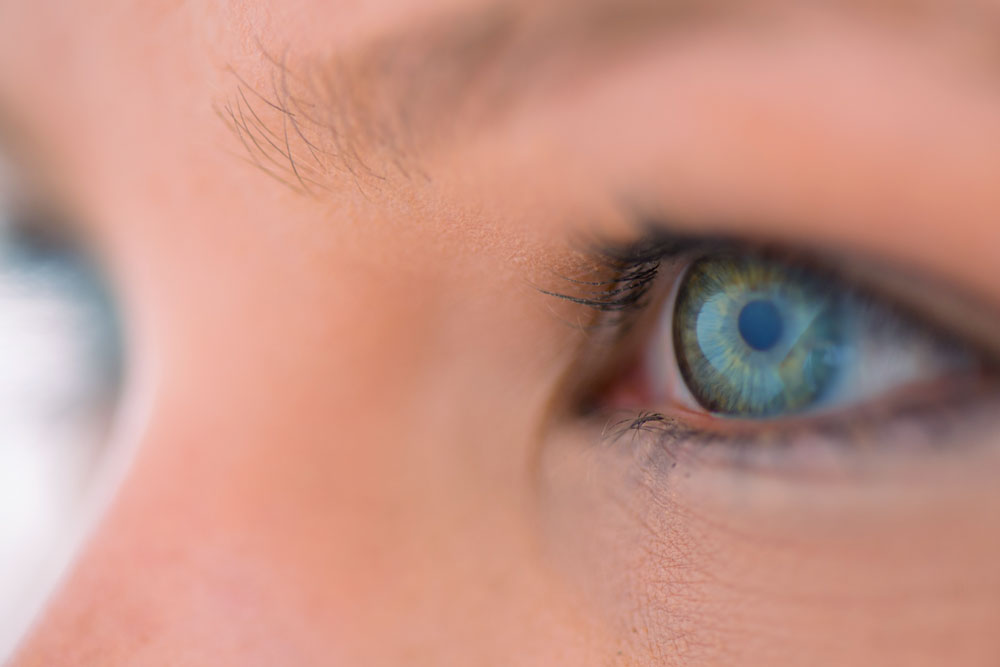Do you sit around all day thinking about when your next eye exam is? No, well you’re not alone. A study carried out by STAAR Surgical showed that 5% of Americans have NEVER HAD an eye exam. Of the 95% of people who have had eye exams; 64% of them would rather spend their money eating out. Another staggering number is that 50% of people who have had eye exams, would rather spend their money on clothing before spending to get an eye exam. These numbers are frightening, considering there are a few eye diseases that will steal your vision if they go untreated. The only way to treat them is to determine if you have them; the only way to diagnose them is through an eye exam (are you seeing the dilemma?). Eye exams can also detect several health issues in addition to eye problems, including diabetes, cancer and the risk of stroke, making frequent check-ups even more important. That’s one reason why many people prefer seeing an Ophthalmologist, as they are Medical Doctors.
Outside of that 5 % who never get eye exams, are many who struggle to get them on a regular basis. STAAR’s study revealed that 23% of people who make an eye appointment decide not to go, thinking it’s not important and they can go another time (in other words, they no-show their scheduled appointment). 43% of people have difficulty finding time to get off work, and 31.6% of people have trouble getting a convenient appointment with their preferred eye doctor.
So why are all these statistics important, because your eyes are a necessary evil. No one likes to go to the dentist, but in order to keep your teeth, you must brush them and get them checked out. No one wants to visit the eye doctor, but if you value your eyes and want to see, an annual eye exam is the best defense against eye disease. So, when should you get an eye exam and how often?
The American Academy of Ophthalmology states that individuals with healthy eyes, that are under the age of 61, should have an eye exam every two years. For individuals over the age of 61, that eye exam should be annual. For anyone who has health conditions that affect (or could affect) the eye, it is recommended that an eye exam be had annually. There are various medical conditions, like diabetes, that require a dilated eye exam, but that is a discussion to be had with your eye doctor or family practitioner.
The timing of eye exams isn’t relevant, so long as you are getting one annually or every two years. Ophthalmologists often see people who think that they just need new glasses and discover that new glasses do not help—they have a problem such as cataracts, macular degeneration, stroke, glaucoma or infection in the eye which has caused them to lose vision. Any of these things can happen at any point in time and to anyone, so having a regularly scheduled eye exam can prevent eye disease and/or its progression. Of course, if you suffer from worsening vision and have glasses or contacts, you can take care of new glasses or contacts at the time of your visit.
So, the moral of this story is to take care of your eyes, you only have one pair. Healthy eyes are a part of healthy living, which means regular eye exams are a must. If you haven’t seen an eye doctor in a couple of years it’s time to schedule, if you have health conditions that affect your eyes, it’s time to schedule with an Ophthalmologist.

